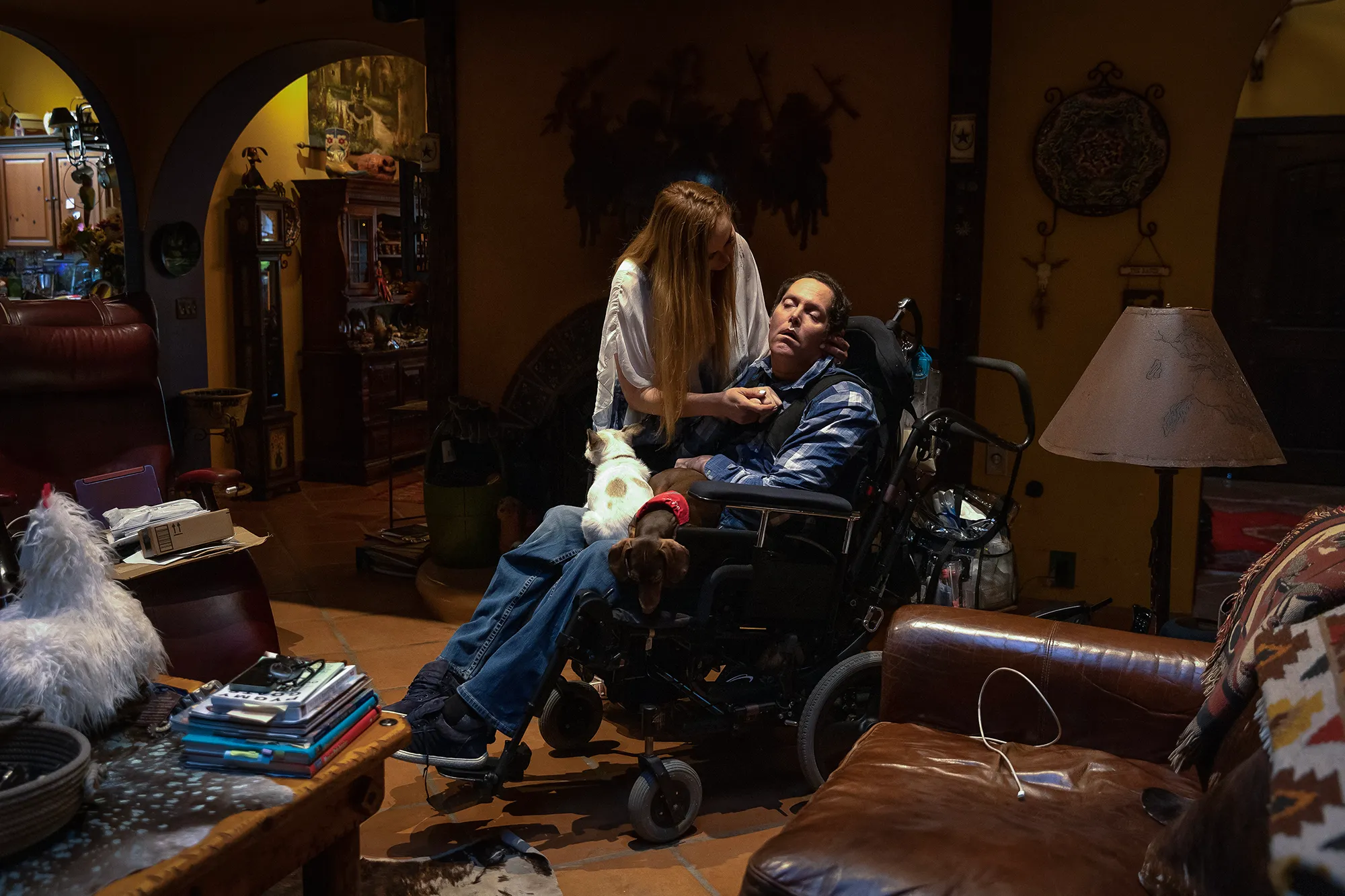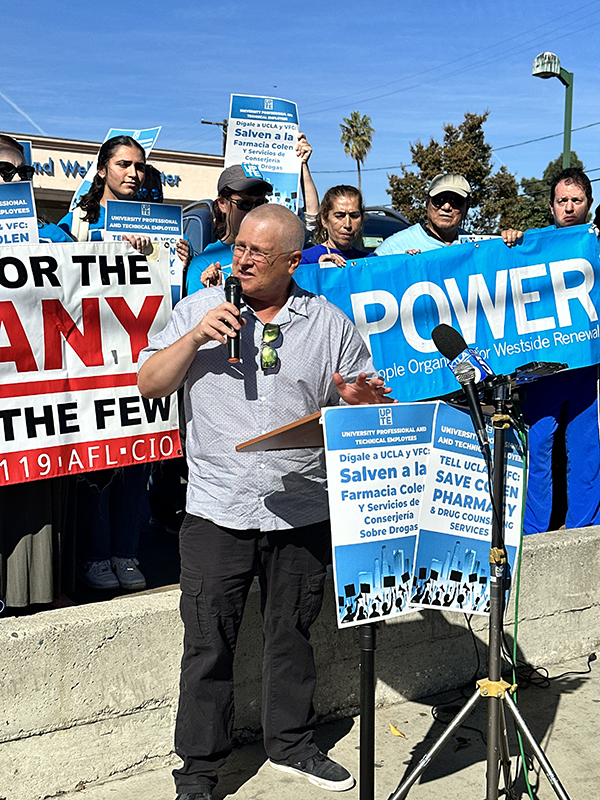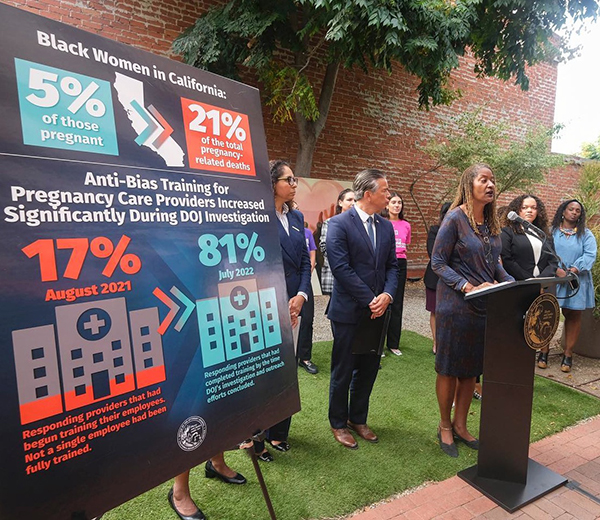By Marie Y. Lemelle
Contributing Writer
Spring is in the air and so are pollutants. From March to June, people with allergies and asthma may suffer from a variety of symptoms that can be confused with COVID-19.
With more than 339 million people suffering from asthma worldwide, it is no wonder that it is under-diagnosed and under-treated. It is not curable but it can be managed with medication and an action plan to identify and avoid triggers that can result in an attack.
The World Health Organization states that the strongest risk factors for developing asthma are inhaled substances and particles that may trigger allergic reactions or irritate the airways. Triggers such as allergens found in bedding, furniture, carpet and pet dander, as well as pollens and tobacco smoke, are just some of the things that cause the lining of bronchial tubes to swell and airways constrict, reducing air flow in and out of the lungs.
The recommendation to disinfect everything due to COVID-19 has added another layer to the risk of asthma attack triggers.
As recommended by the Centers for Disease Control and Prevention, homes, offices, schools, churches and other communal places should be cleaned, sanitized and ventilated for protection against the coronavirus. However, the process can pose a threat for asthmatics because disinfectant and fragrances can be a trigger.
Precautions need to be taken where people with asthma may spend time, live or work. The U.S. Environmental Protection Agency recommends using EPA-registered cleaning and disinfecting products to reduce indoor air pollution risks, follow the instructions on the label of the product, increase ventilation during and after application, do not mix cleaning and disinfecting products and wear personal protective equipment to protect the user.
To find safer products to reduce, eliminate or prevent pollution, the EPA developed the Safer Choice label. The EPA also offers guidelines for safe and effective use of cleaning products on its website. Additional tips to safely disinfect and clean your home can be viewed on the CDC website.
For additional protection from COVID-19, should people with asthma get vaccinated?
“People with mild to severe asthma were included in clinical trials for the Moderna and Pfizer-BioNTech vaccines currently being distributed in the United States,” said Dr. David R. Stukus, an associate professor of pediatrics in the division of allergy and immunology at Nationwide Children’s Hospital in Columbus, Ohio, and a member of the Asthma and Allergy Foundation of America’s medical scientific council. The foundation states that more than 25 million people in the U.S. have asthma.
Asthma is considered an underlying medical condition. However, not every state considers the condition as high risk and the wait for the vaccine may vary.
Dr. James A Thompson, an asthma and allergies specialist and a holistic nutrition health coach certified by the Institute for Integrative Nutrition, was vaccinated to protect his family, patients and himself from COVID-19.
“The experience was almost identical to getting a flu shot, which I have received annually for the last 30 years,” he said.
His wife and two adult children are asthmatic.
“My wife and daughter, who is a physician, have been vaccinated,” Thompson said. “My son is waiting for his turn.”
To prepare for the vaccination, Thompson says, “No advanced preparation for symptoms is needed other than having some acetaminophen or another over-the-counter pain reliever available, just in case headache, fever or muscle aches occur. It is not recommended to take medication ahead of time (before getting the shot) for prevention.”
Thompson does warn, “Any signs or symptoms of an allergic reaction (hives, itching all over, throat itching or tightening, tongue swelling, difficulty breathing or sudden wheezing, dizziness or lightheaded sensation) following the injection should prompt use of epinephrine if available, and call 911. Most potentially severe allergic reactions occur within the first 30 minutes after injection.”
The asthma foundation recommends avoiding taking antihistamine (allergy) medicines (Benadryl, Zyrtec, Claritin) before the vaccine to prevent an allergic reaction. Antihistamines will not keep anaphylaxis from happening and may make it hard to recognize signs and symptoms of a severe reaction.
“If you have a history of anaphylaxis, multiple drug allergies or severe food allergies, we recommend having a source of epinephrine readily available and to get injected at a facility that is equipped and trained to treat severe allergic reactions,” said Thompson, who is board-certified and incorporates holistic nutrition concepts into the treatment of asthma and other allergic diseases as a means of achieving better health and to reduce the need for conventional medications.
“Additionally, it is recommended, under these circumstances to wait around at least 30 minutes after the injection,” he said.
Talk with your allergist about the timing of getting vaccinated, especially if you get allergy shots.
Marie Y. Lemelle is the founder of www.platinumstarpr.com and a film producer. She can be reached at MarieLemelle@platinumstarpr.com. Follow her on Instagram @platinumstarpr.












